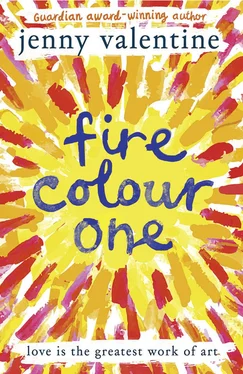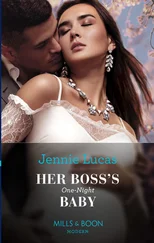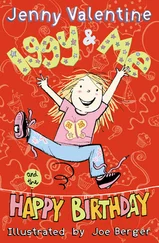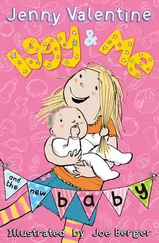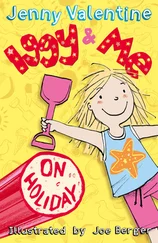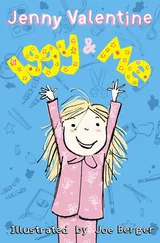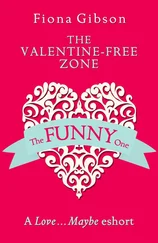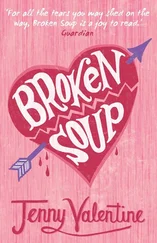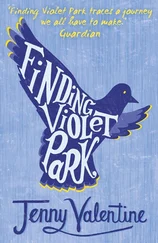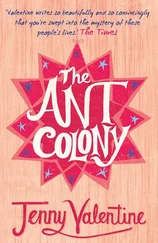First published in Great Britain by HarperCollins Children’s Books in 2015
HarperCollins Children’s Books is a division of HarperCollins Publishers Ltd,
1 London Bridge Street
London, SE1 9GF
www.harpercollins.co.uk
Text copyright © Jenny Valentine 2015
Jenny Valentine asserts the moral right to be identified as the author of the work.
A catalogue record for this book is available from the British Library.
All rights reserved under International and Pan-American Copyright Conventions. By payment of the required fees, you have been granted the non-exclusive, non-transferable right to access and read the text of this e-book on-screen. No part of this text may be reproduced, transmitted, down-loaded, decompiled, reverse engineered, or stored in or introduced into any information storage and retrieval system, in any form or by any means, whether electronic or mechanical, now known or hereinafter invented, without the express written permission of HarperCollins.
Source ISBN: 9780007512362
Ebook Edition © 2015 ISBN: 9780008126230
Version: 2015-06-23
For my Dad.
Contents
Cover
Title Page
Copyright
Dedication
Chapter One
Chapter Two
Chapter Three
Chapter Four
Chapter Five
Chapter Six
Chapter Seven
Chapter Eight
Chapter Nine
Chapter Ten
Chapter Eleven
Chapter Twelve
Chapter Thirteen
Chapter Fourteen
Chapter Fifteen
Chapter Sixteen
Chapter Seventeen
Chapter Eighteen
Chapter Nineteen
Chapter Twenty
Chapter Twenty-one
Chapter Twenty-two
Chapter Twenty-three
Chapter Twenty-four
Chapter Twenty-five
Chapter Twenty-six
Chapter Twenty-seven
Acknowledgments
About the Author
Also by Jenny Valentine
About the Publisher
At my father’s funeral, after everything, I lit a great big fire in his honour, built from stacked apple crates and broken furniture and pieces of a fallen-down tree. It towered over the scrubby piece of land I call the bonfire garden, and blazed, too far gone to fight, against the fading afternoon. On the lawn below me, my family gulped for air like landed fish. They clawed at their own faces like Edvard Munch’s Screamers , like meth-heads. His mourners poured from the house, designer-clad and howling, lit up like spectres by the flames.
My stepfather, Lowell Baxter, ageing pin-up boy, one-time TV star and current no-hoper, stood swaying, dazed and hollow-eyed, a man woken up in the wrong place after a long sleep. Hannah, my mother, crumpled on to the wet grass like a just-born foal in all her credit-card finery, her gorgeous face collapsing in a slow puncture. She clutched at her own clothes, sobbing violently, but she didn’t bother getting to her feet. I doubt she could remember how, she was so weighted down with debt.
I could have filmed them, preserved their agonies for repeat viewings, but I didn’t. I did what my best and only friend Thurston always told me. I savoured the moment because the moment was more than enough. I stood back and watched them suffer, feeding fistfuls of paper to the flames.
I wondered if they’d ever speak to me again. I’ve always longed for Hannah and Lowell to stop talking.
They didn’t behave that way when it was my father in the furnace. Neither of them was sorry to see him go. Before the fire, there was a service for him at the crematorium. Ernest Toby Jones, one of a queue of waiting dead. Lowell worked the room in a tight suit and Hannah wore big black sunglasses to hide her lack of tears, and shiny black high heels with red soles, same colour as her lipstick. High-impact accessories are my mother’s answer to big occasions, in place of actual feelings.
I couldn’t stand the thought of Ernest lying in that box with the lid closed, all dark and lonely and gone. None of it made sense to me. I couldn’t keep up. But like water putting out a lit match, the rest of the world closed over the fact of his absence, and ran on. His hearse moved through everyday traffic. Cars behind him on the road tested their patience on his slow and stately journey to the grave. Only one old man, walking with a stick, stopped as the coffin navigated a roundabout and met my eye, and bowed his head politely to the dead. Inside, Ernest’s thin crowd spread itself out across the pews and tried to fill up the room. God knows who most of them were. They wore their dullest clothes and tuned their voices to the frequencies of sadness and loss. I sat on my own. I didn’t want anything to do with them. The chapel’s technicolour carpets looked like off-cuts from The Shining , from a shut-down Las Vegas casino. I wanted to meet the person responsible and find out if they were joking, or colour-blind, or just a fan of Stanley Kubrick films. I wanted to tell Thurston about them because he would get it and because on that day of all days I could have done with him there. And then I realised the carpets were chosen perfectly, because they took my mind off the elephant in the room, the rubbed-raw stump of what was missing, the lack of my father, the lack of Ernest, who was never ever coming back.
I didn’t have him for long enough. That’s the bare bones of it. I wasn’t ready, once I’d found him, to let go.
“Do you want a song played?” I asked him, the week before. “When the curtains close, when your coffin goes through. Do you want a hymn or something?”
He thought about it for one waterlogged, morphine-soft moment.
“Harold Melvin and the Blue Notes,” he said, and his voice sat like pea gravel in his mouth, sounded like mice scampering in a faraway attic. It took an age for the words to come out into the air. “ If you don’t know me by now .”
“ You will never, never, never know me ,” I sang, somewhere between laughter and tears.
Thurston threw a fake funeral once. He hired a hearse and his Uncle Mac drove it. I sat up front and even though the coffin behind me was empty, it brooded, like something moody and alive, and I kept thinking there was someone else in the car. Thurston walked ahead on the street at this slow, slow pace in a threadbare tailcoat and a tall black hat, a face like wet thunder, streaked with tears. It was a Sunday in the suburbs, Long Beach way, out by Rossmoor. People were washing their cars and tidying their yards and a gang of kids were riding their bikes in circles round a run-over cat. Uncle Mac just kept driving, slow as could be, following Thurston’s lead with a great big smile plastered to his face. He didn’t know what was going to happen next and he liked it that way.
“I trust the boy,” he said, “’cause he’s a genius.”
I wasn’t about to argue with that.
The kids stopped circling, people stopped mowing and raking and more still came right out of their houses, and everyone watched this funeral that wasn’t theirs. You could see them wondering whose it was and what the hell it was doing on their street, on their weekend. And then when we had everyone’s attention, Thurston reached into his jacket pocket at the exact same time I opened the car windows and cranked up the stereo, It’s Just Begun by The Jimmy Castor Bunch. In one fluid movement, as the music gathered itself together, Thurston took four home-made pigment bombs and flung them out and down on the tarmac in front of him. He walked and we followed, stately and respectful, through a thick and billowing cloud of colour that swelled and rose and then drifted down, clinging to his tear-stained skin and his black clothes and to our sombre, bug-stuck car. As we emerged from the colour cloud and the song kicked in, Thurston started to dance. Not just foot tapping or finger clicking, not just any old thing. His whole body dipped and slipped and flowed like water through the music, the notes flinging him into the air and then low and wide across the ground until the smile on my face hurt just watching him, until I forgot to breathe. God, that boy could move.
Читать дальше
